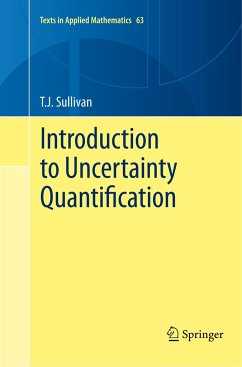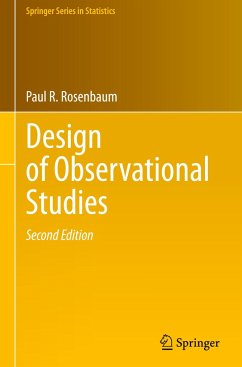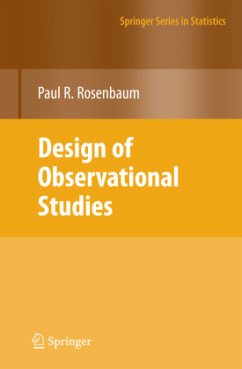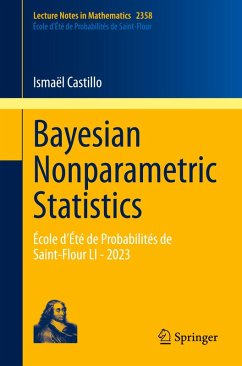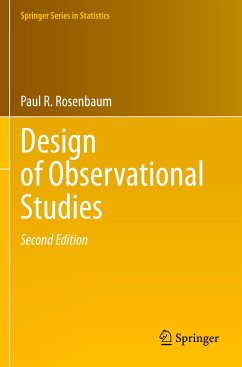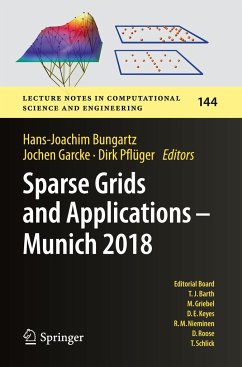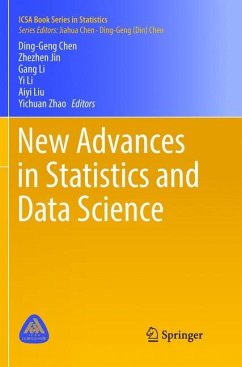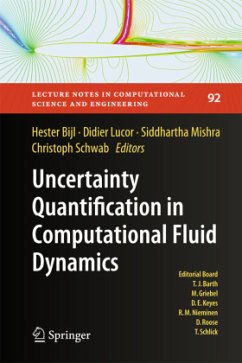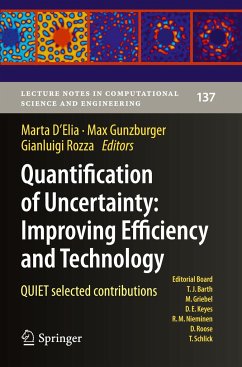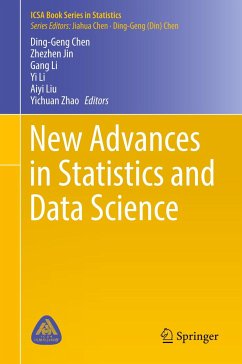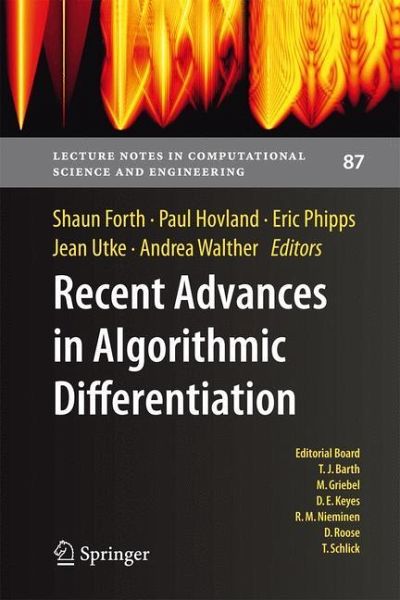
Recent Advances in Algorithmic Differentiation

PAYBACK Punkte
38 °P sammeln!
The proceedings represent the state of knowledge in the area of algorithmic differentiation (AD). The 31 contributed papers presented at the AD2012 conference cover the application of AD to many areas in science and engineering as well as aspects of AD theory and its implementation in tools. For all papers the referees, selected from the program committee and the greater community, as well as the editors have emphasized accessibility of the presented ideas also to non-AD experts. In the AD tools arena new implementations are introduced covering, for example, Java and graphical modeling environ...
The proceedings represent the state of knowledge in the area of algorithmic differentiation (AD). The 31 contributed papers presented at the AD2012 conference cover the application of AD to many areas in science and engineering as well as aspects of AD theory and its implementation in tools. For all papers the referees, selected from the program committee and the greater community, as well as the editors have emphasized accessibility of the presented ideas also to non-AD experts. In the AD tools arena new implementations are introduced covering, for example, Java and graphical modeling environments or join the set of existing tools for Fortran. New developments in AD algorithms target the efficiency of matrix-operation derivatives, detection and exploitation of sparsity, partial separability, the treatment of nonsmooth functions, and other high-level mathematical aspects of the numerical computations to be differentiated. Applications stem from the Earth sciences, nuclear engineering, fluid dynamics, and chemistry, to name just a few. In many cases the applications in a given area of science or engineering share characteristics that require specific approaches to enable AD capabilities or provide an opportunity for efficiency gains in the derivative computation. The description of these characteristics and of the techniques for successfully using AD should make the proceedings a valuable source of information for users of AD tools.




